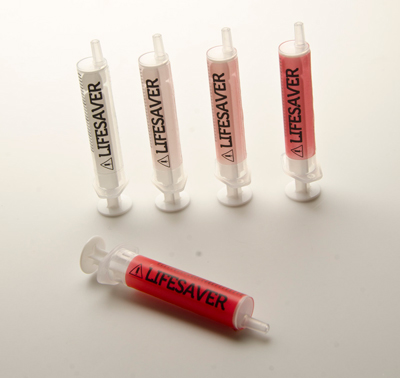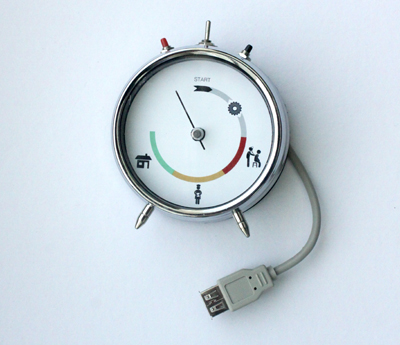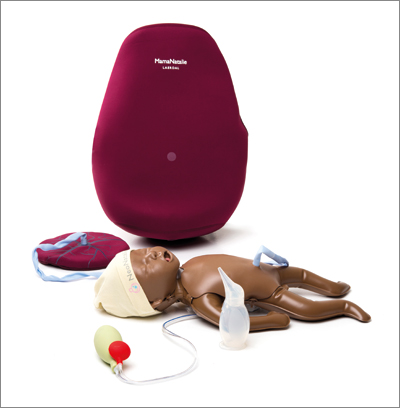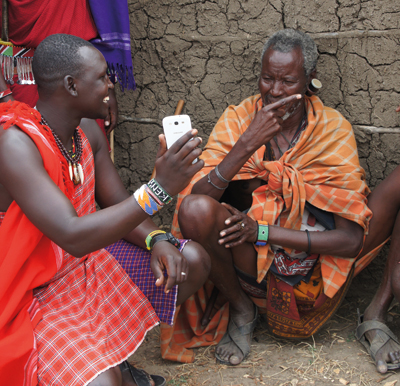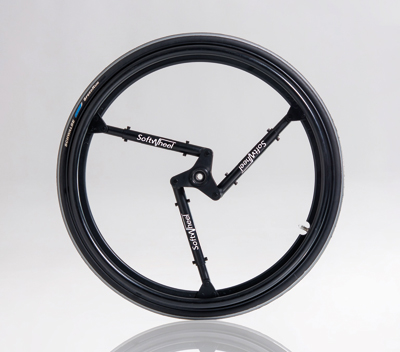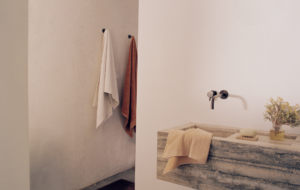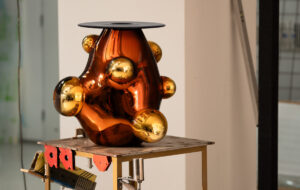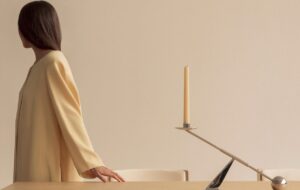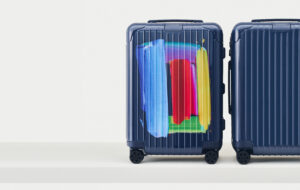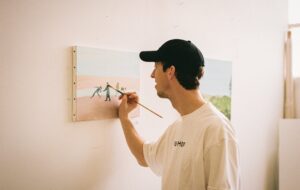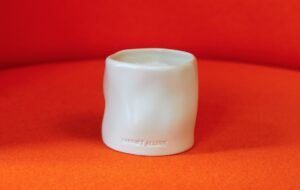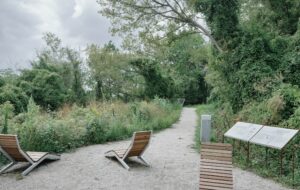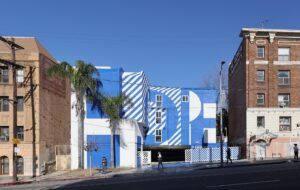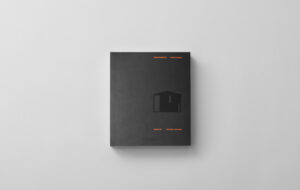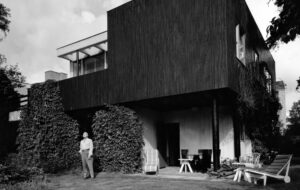|
The Child ViSion Glasses bagged last year’s award. Who will win this year? Read the shortlist for the 2014 category, which is sponsored by UK Construction Week ABC SYRINGE After just a few minutes of being exposed to air, Dr David Swann’s safety syringe turns from clear to dark red, signalling that it is no longer sterile. A Behaviour Changing (ABC) Syringe is designed to address a huge global problem: roughly 7 billion of the 17 billion injections given each year are delivered by re-used syringes, causing 30 to 40 per cent of all hepatitis B and C cases worldwide and five per cent of all HIV cases. Swann’s method, which uses carbon-monoxide-sensitive ink, can also be applied to other disposables such as catheters and surgical gloves.
CLOCKSENSE Clock Sense by Frugal Digital is a medical screening device made from a repurposed alarm clock and a few extra parts. The low-cost design is intended for volunteers in communities where healthcare facilities are hard to access. Clock Sense measures patients’ vital statistics such as blood pressure or temperature by plugging into different sensors through a USB connector. The display is intentionally simple and colours are used rather than numbers; if the reading is in the green band the patient can stay at home, while red means he or she should go to hospital.
NATALIE COLLECTION Every day, 800 mothers die giving birth, and about 8,000 babies die at birth. Laerdal Global Health seeks to improve those odds. The not-for-profit company develops affordable products for countries with few resources, and its Natalie Collection of three life-saving devices includes a low-cost reusable suction device for clearing a newborn baby’s airways. The collection also facilitates education in essential newborn care and resuscitation, with a birthing simulator to train birth attendants to help both mother and baby survive the birthing process.
PORTABLE EYE EXAMINATION KIT (PEEK) Developed by a multi-disciplinary team of doctors and engineers from the London School of Hygiene & Tropical Medicine, the University of Strathclyde and the Glasgow Centre for Ophthalmic Research, Peek is set to revolutionise the way eye disease is tackled in developing countries. Costing just $500, it is a smartphone-based system that allows community health workers with minimal training to test vision, diagnose eye-health problems and manage treatment in the remotest of settings. As 80% of blindness in low-income countries is preventable, the device has the potential to make a huge impact on the lives of people who may otherwise not have easy access to healthcare.
SOFTWHEEL Bumps in paving, irregular surfaces and changes of level are often sources of discomfort to wheelchair users, with the impacts being transferred to the seat or the body. SoftWheel, which is based in Tel Aviv, has developed a selective suspension system that can be set by the user to engage only above a certain level of force. When engaged, the wheel’s hub shifts from its central position to absorb impacts while remaining rigid and responsive. Once the obstacle is passed, the hub shifts back to the centre.
The Icon Awards take place on 4 December. Read the full shortlist here |
Words Icon |
|

